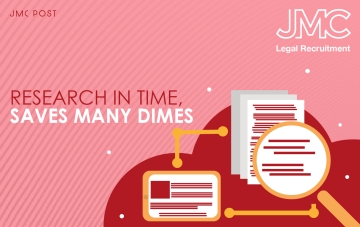
Research In Time, Saves Many Dimes
19 Jan, 20225 Mins
What Just Happened?
On the 6th of January 2022, the European Court of Human Rights handed down its long-awaited decision in the case of Lee v The United Kingdom. The esteemed panel of judges resoundingly threw out the case, which centred around a bakery known as ‘Ashers’ refusing to produce a cake which was to carry the wording “support gay marriage” as instructed by Mr Lee. Ashers Bakery declined the instructions because the message would be supposedly against the bakery owners’ Christian beliefs.
What Does This Mean?
This case can be traced back to 2014 when Mr Lee scored a notable County Court victory in an unlawful discrimination claim where he won a seemingly paltry £500 in damages. Ashers appealed to the Court of Appeal against the decision however, the initial ruling was upheld.
From Mr Lee’s perspective, the case took a turn for the worst in 2018 when the Supreme Court overturned the judgement against Ashers. The ruling was interesting for two conflicting reasons. Firstly, the Supreme Court declared that Ashers was not obliged to provide cakes iced with messages they profoundly disagreed with. Dissenting, Lady Hale said if the bakery services had been denied to him due to a protected characteristic, then it would have been “deeply humiliating” and “insulting” to Mr Lee’s “dignity”.
However, Mr Lee’s claim fell apart when the Supreme Court determined that the incident did not amount to discrimination, and the circumstances did not impinge on equal treatment as Ashers has a right to choose their business.
Mr Lee appealed to the European Court of Human Rights, claiming that the Supreme Court itself had ‘interfered with’ his human rights. However, the ECHR handed down a damning verdict on his claims. It found his claims to be ‘inadmissible’ because Mr Lee had not expressly communicated his intention to claim a violation of his Human Rights at any time during the domestic legal proceedings.
The ECHR made two observations. Firstly, the panel advised Mr Lee that it was unquestionable that he had not claimed for a human rights breach in the domestic courts. Secondly, the judges advised potential litigants of their rights under the Human Rights Act 1998, reminding them they could claim their convention rights directly through domestic courts.
The European Court of Human Rights was seemingly scathing of Mr Lees behaviour in issuing such legal proceedings. It ruled that Mr Lee had seemingly invited the respected Court to, in its words, ‘usurp the role of the domestic courts’. The Court viewed it as though Mr Lee had decided not to claim his rights under the convention and by so doing had prevented the domestic courts from considering the claims.
What Impact Could This Have on The Legal Profession?
On the back of this case, lawyers should first advise their clients to carefully consider the identity of the Defendant they are contemplating legal proceedings against. Ideally, they do not want to instigate proceedings against the Supreme Court as Mr Lee did here. Those considering issuing proceedings for breaches of the European Convention on Human Rights should exhaust all domestic pathways.
If similar Appellants carefully follow this strategy, it may mitigate the risk of the European Court of Human Rights accusing another appellant of attempting to usurp the role of the domestic Court by using the Court in this way.
This case suggests that legislation, precedent, or strategy being retrospectively invoked could be frowned on by the Court. The Court could perhaps see this as you changing what you believe had wronged you in order to create a new pathway for your end goal. While harsh, this underlines the onus the caught places on the correct conduct.
Comprehensive legal advice tailored to your situation should assess all potential strategies for a claim from the outset. This will limit the perception that an Individual is simply attempting to win a casem rather than having a genuine and honest reason for bringing it forward.
Assessing Firms
#BhattMurphy #BindmansLLP #DeightonPierceGlynn #LeighDay #BirnbergPeirce&Partners #Hickman&Rose #HodgeJones&Allen #HowardKennedyLLP #IrwinMitchell #SimonsMuirheadBurton #TuckersSolicitors #DuncanLewis #Hausfeld&CoLLP #ITNSolicitors #McCueJury&Partners #SaundersLaw #SimpsonMillarLLP #GoldJennings #Howells #MishcondeReyaLLP #Sinclairlaw #WilsonsSolicitors
This Article Was Written Using the Following Sources
[SOURCE 1] Tobin, Sam – ECHR declares appeal in ‘gay cake case’ inadmissible’ the 6th of January 2022 - ECtHR declares appeal in 'gay cake case' inadmissible | News | Law Gazette
[SOURCE 2] Lee v United Kingdom [2022] Application no. 18860/19 – European Court of Human Rights - LEE v. THE UNITED KINGDOM (coe.int)
[SOURCE 3] Article 8 European Convention on Human Rights and Fundamental Freedoms 1950
[SOURCE 4] Article 9 European Convention on Human Rights and Fundamental Freedoms 1950
[SOURCE 5] Article 10 European Convention on Human Rights and Fundamental Freedoms 1950
[SOURCE 6] Article 14 European Convention on Human Rights and Fundamental Freedoms 1950
[SOURCE 7] Human Rights Act 1998
Written by Jason Connolly



